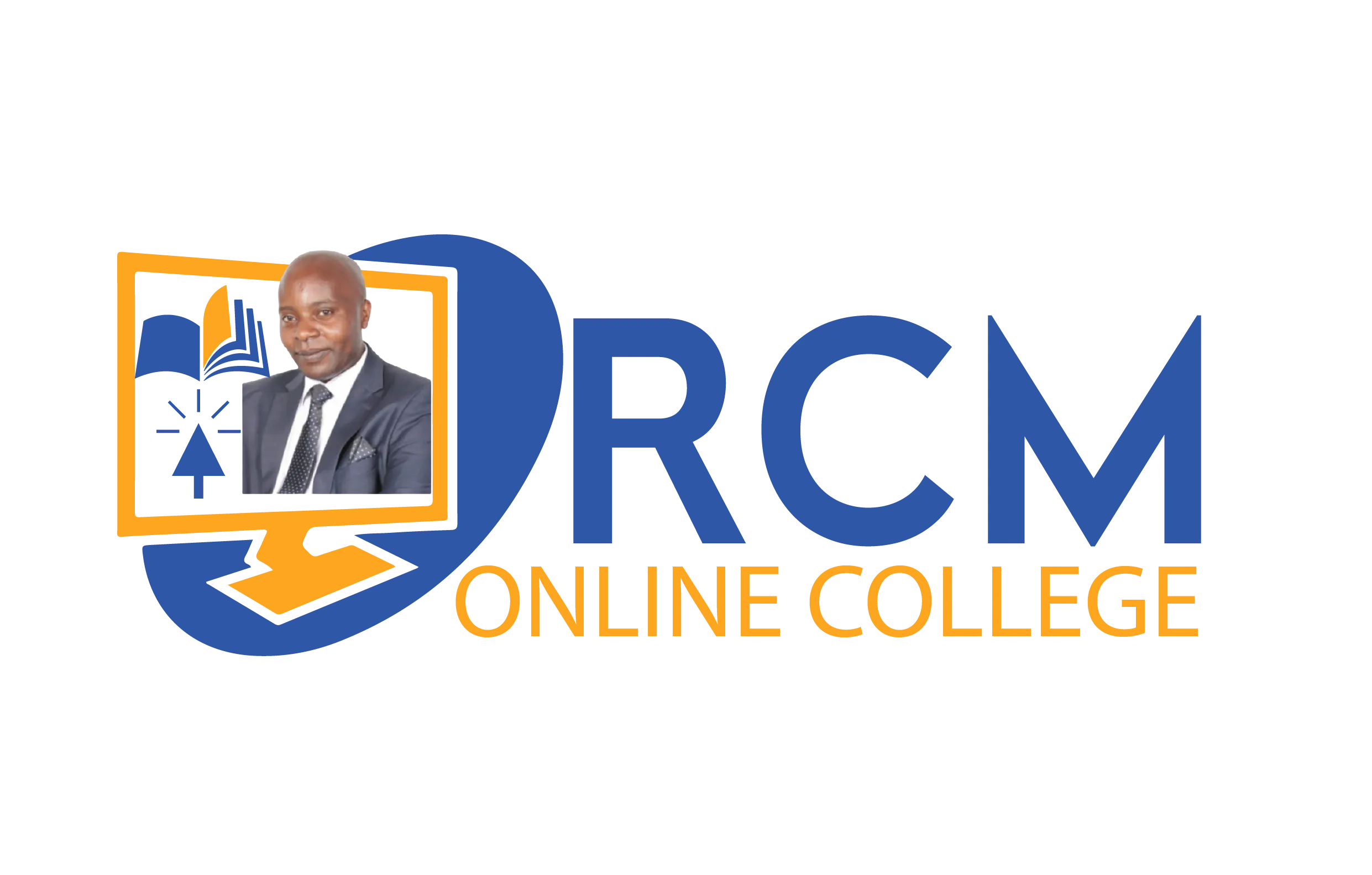1.3 Principle of legal personality and veil of incorporation
Separate Legal Personality/(salomon vs salomon and co Ltd)
A company is a separate person in law from its members. This has several important consequences:
(a) Company is liable for its own debts
The shareholders are not liable for the debts and liabilities of the company and cannot be sued by the company’s creditors. A shareholder can be a debtor or creditor of the company and can sue or be sued by the company. (Salomon v A Salomon & Co Ltd)
(b) Limited Liability
The fact that the company is a separate person from its shareholders makes limited liability possible.
(Remember: the company’s liability is always unlimited – it is the members’ liability that is limited and that liability is to the company, not to the individual creditors.)
(c) Company Property
A company owns its own property – the shareholders have no direct right to this or any share of it. Person who no longer wishes to be a member is only entitled to whatever price he can get for his shares. A shareholder has no legal interest in the company’s property and cannot insure it against theft, damage, etc.
(d) Contractual Capacity
A company has full contractual capacity – and only the company can enforce its contracts.
(Companies may also be liable in negligence – shareholder cannot be made liable for the negligence of the company, unless he was also personally negligent).
(e) Crimes/sue or be sued in its own name
A company can be convicted of a crime, regardless of whether its directors are also convicted.
(f) Perpetual Succession
Separate personality means that the existence of a company does not depend on the existence of its members. Membership may change or members may die – the company continues in existence until wound up.
(g) Borrowing
A company can borrow money and grant a security for a debt.
Veil of Incorporation
In Salomon V Salomon and company limited it was established that a registered company is legal entity separate from its members. Thus once a company is incorporated a veil is drawn between the company and its members. This is called veil of incorporation.
The law will go behind the corporate veil to individual members. However, sometimes the necessity of the situation may compel the law to disregard the separate legal entity and look to individual members to determine who the real beneficiaries owners of corporate property are.
This is known as lifting the veil of incorporation (exceptions to the rule in Salomon V Salomon Company Limited) and may be done in the following ways;
- Determination of the enemy character of the company. A company may assume an enemy
- When the company is formed for fraud or evasion of contractual obligations. In this case the court will fail to uphold the separate existence of the company and make individuals liable.
- Determination of the residence of the company
- Protection of Revenue
- Protection of Public Policy
- Where the number of members falls below the statutory minimum
- Misdescription of the Name of the Company
- Investigation of Company’s Membership
- Preparation of Group Accounts
- Fraudulent conduct of business
- Prosecution of Delinquent Officers and Members of the Company
